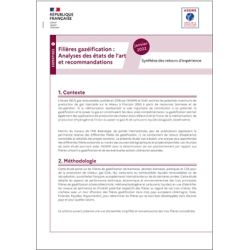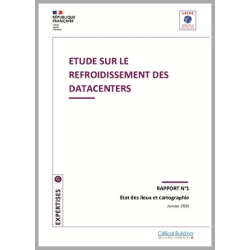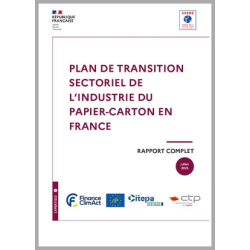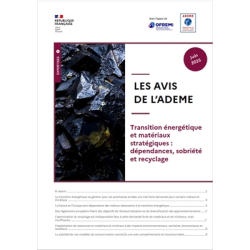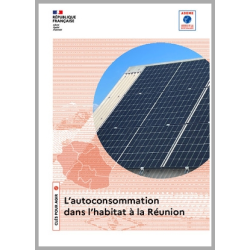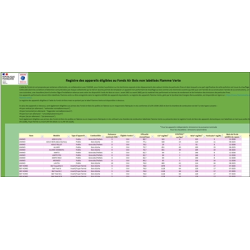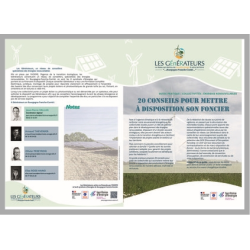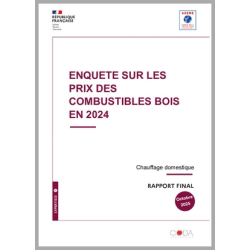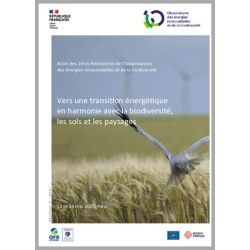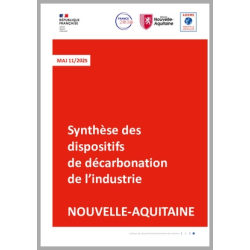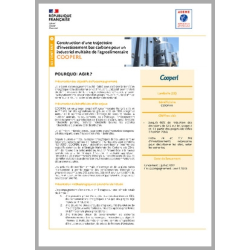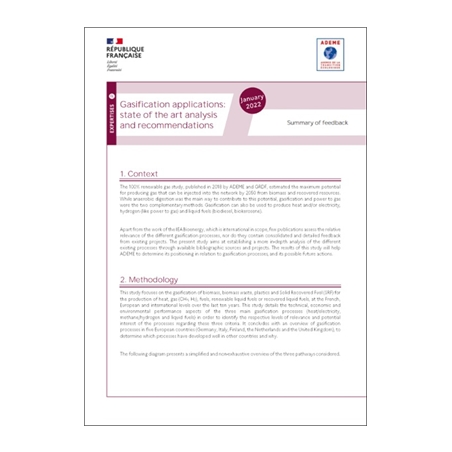
gasification state of the art and recommendations
Présentation
The 100% renewable gas study, published in 2018 by ADEME and GRDF, estimated the maximum potential for producing gas that can be injected into the network by 2050 from biomass and recovered resources. While anaerobis digestion was the main way to contribute to this potential, gasification and power to gas were the two complementary methods. Gasification can also be used to produce heat and/or electricity (like methanization), hydrogen (like power to gas) and liquid fuels (biodiesel, biokerosene). Apart from the work of the IEA Bioenergy, which is international in scope, few publications assess the relative relevance of the different gasification processes, nor do they contain consolidated and detailed feedback from existing projects. The present study aims at establishing a more in-depth analysis of the different existing processes through available bibliographic sources and projects
Caractéristiques
- Date de mise en ligne
- 31/01/2022
- Type de document
- Synthèse d'expertise
- Nb. de pages
- 13 P
The 100% renewable gas study, published in 2018 by ADEME and GRDF, estimated the maximum potential for producing gas that can be injected into the network by 2050 from biomass and recovered resources. While anaerobis digestion was the main way to contribute to this potential, gasification and power to gas were the two complementary methods. Gasification can also be used to produce heat and/or electricity (like methanization), hydrogen (like power to gas) and liquid fuels (biodiesel, biokerosene). Apart from the work of the IEA Bioenergy, which is international in scope, few publications assess the relative relevance of the different gasification processes, nor do they contain consolidated and detailed feedback from existing projects. The present study aims at establishing a more in-depth analysis of the different existing processes through available bibliographic sources and projects
- Auteurs
-
GAZZO Alexis
JARREAU Clément
PETAT Valérie
GIRALDO Paul
ADEME
ERNST & YOUNG
- Public(s)
-
International
Monde de la recherche
Entreprises et fédérations professionnelles
- Type de document
-
Synthèse d'expertise
- Thématique
-
Energies
- Collection
-
Expertise
- Date d'édition
-
01/2022
- Date de mise en ligne
-
31/01/2022
- Nb. de pages
-
13 P
- Langue
-
Anglais
Documents associés
gasification state of the art and recommendations



